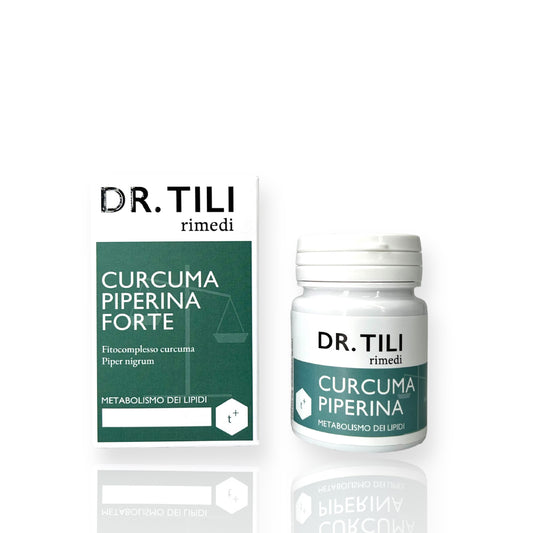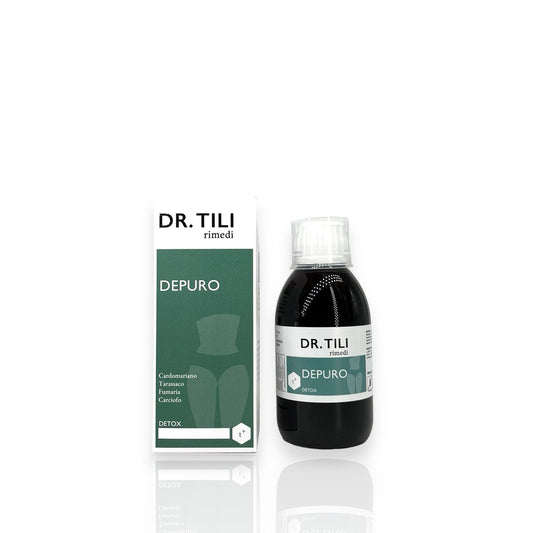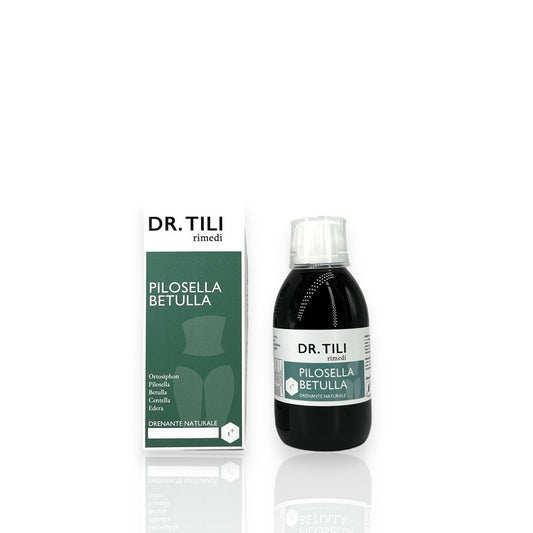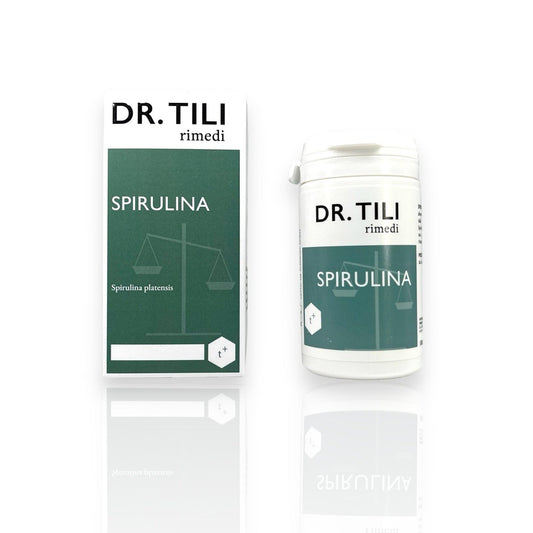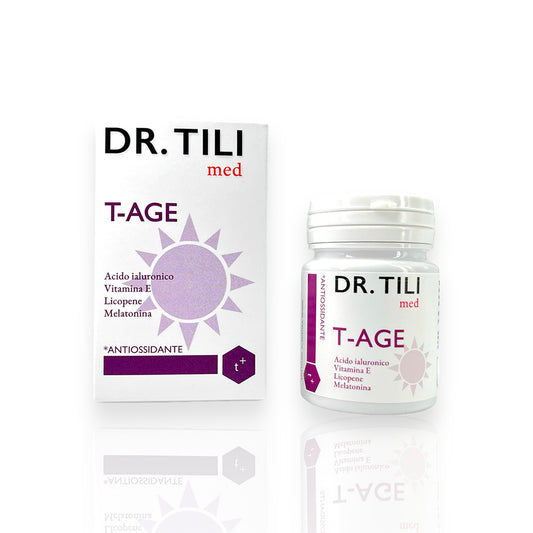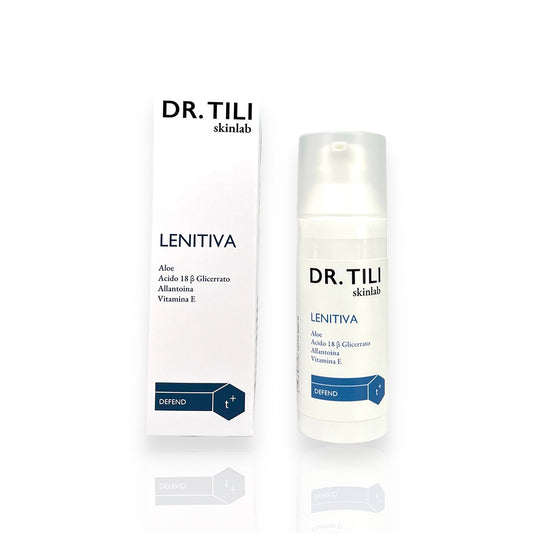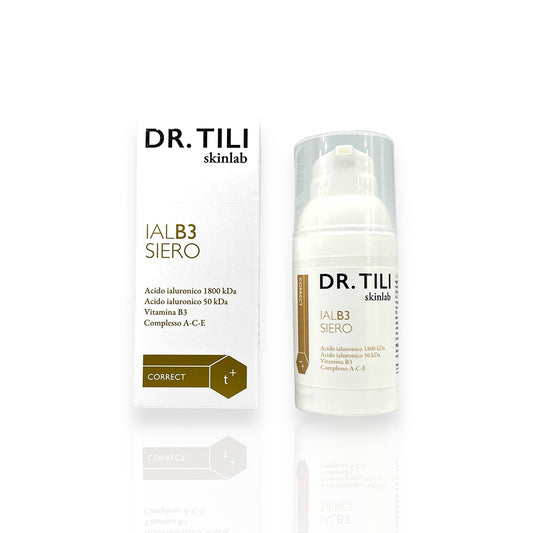ANGELINI SpA
Tachipirina Painkiller 500 mg 20 Tablets
Tachipirina Painkiller 500 mg 20 Tablets

Pickup available at Farmacia Tili
Usually ready in 24 hours
PRODUCT NET WEIGHT
PRODUCT NET WEIGHT
10g
EAN
EAN
012745093
MINSAN
MINSAN
012745093
Tachipirina 500 mg is an over-the-counter drug based on paracetamol with analgesic, antipyretic and anti-inflammatory action . Tachipirina 20 Tablets is an antipyretic indicated in the symptomatic treatment of febrile conditions such as influenza, exanthematous diseases, acute respiratory tract conditions or.
Paracetamol is an antipyretic suitable for treating fever in children , lowering temperature and controlling flu symptoms.
Paracetamol is a painkiller and analgesic useful in cases of headaches, neuralgia, myalgia and other painful conditions of medium severity and of various origins.
ACTIVE INGREDIENTS
Active ingredients contained in Tachipirina Antidolorifico 500 mg 20 Tablets - What is the active ingredient of Tachipirina Antidolorifico 500 mg 20 Tablets?
This medicine 500 mg tablets. Each tablet contains: paracetamol 500 mg. This medicine 500 mg effervescent granules. Each sachet contains: paracetamol 500 mg. This medicine 125 mg effervescent granules. Each sachet contains: paracetamol 125 mg. This medicine - newborns 62.5 mg suppositories. Each suppository contains: paracetamol 62.5 mg. This medicine - early childhood 125 mg suppositories. Each suppository contains: paracetamol 125 mg. This medicine - children 250 mg suppositories. Each suppository contains: paracetamol 250 mg. This medicine - children 500 mg suppositories. Each suppository contains: paracetamol 500 mg. This medicine - adults 1000 mg suppositories. Each suppository contains: paracetamol 1000 mg.
EXCIPIENTS
Composition of Tachipirina Antidolorifico 500 mg 20 Tablets - What does Tachipirina Antidolorifico 500 mg 20 Tablets contain?
Tablets: microcrystalline cellulose, povidone, pregelatinized starch, stearic acid, croscarmellose sodium. Effervescent granules: maltitol, mannitol, sodium bicarbonate, anhydrous citric acid, citrus flavouring, aspartame, sodium docusate. Suppositories: solid semi-synthetic glycerides.
DIRECTIONS
Therapeutic indications Tachipirina Antidolorifico 500 mg 20 Tablets - Why is Tachipirina Antidolorifico 500mg 20 Tablets used? What is it used for?
As an antipyretic: symptomatic treatment of febrile conditions such as influenza, exanthematous diseases, acute respiratory tract conditions, etc. As an analgesic: headaches, neuralgia, myalgia and other moderately severe painful conditions of various origins.
CONTRAINDICATIONS SIDE EFFECTS
Contraindications Tachipirina Antidolorifico 500 mg 20 Tablets - When should Tachipirina Antidolorifico 500 mg 20 Tablets not be used?
Hypersensitivity to paracetamol or to any of the excipients. Patients with severe haemolytic anaemia (this contraindication does not apply to the 500 mg oral formulations). Severe hepatocellular insufficiency (this contraindication does not apply to the 500 mg oral formulations).
DOSAGE
Quantity and method of taking Tachipirina Antidolorifico 500 mg 20 Tablets - How do you take Tachipirina Antidolorifico 500 mg 20 Tablets?
For children, it is essential to respect the dosage defined according to their body weight, and therefore choose the appropriate formulation. The approximate ages according to body weight are given for information purposes only. In adults, the maximum oral dosage is 3000 mg and rectal dosage is 4000 mg of paracetamol per day. The doctor must evaluate the need for treatments for more than 3 consecutive days. The dosage schedule of this medicine in relation to body weight and administration route is as follows. 500 mg tablets. Children weighing between 21 and 25 kg (approximately between 6.5 and less than 8 years): 1/2 tablet at a time, to be repeated if necessary after 4 hours, without exceeding 6 administrations per day (3 tablets). Children weighing between 26 and 40 kg (approximately 8 to 11 years): 1 tablet at a time, to be repeated if necessary after 6 hours, without exceeding 4 administrations per day. Children weighing between 41 and 50 kg (approximately 12 to 15 years): 1 tablet at a time, to be repeated if necessary after 4 hours, without exceeding 6 administrations per day. Children weighing more than 50 kg (approximately over 15 years): 1 tablet at a time, to be repeated if necessary after 4 hours, without exceeding 6 administrations per day. Adults: 1 tablet at a time, to be repeated if necessary after 4 hours, without exceeding 6 administrations per day. In the case of severe pain or high fever, 2 tablets of 500 mg to be repeated if necessary after not less than 4 hours. Effervescent granules of 500 mg in sachets. Dissolve the effervescent granules in a glass of water. Children weighing between 26 and 40 kg (approximately 8 to 11 years): 1 sachet at a time, to be repeated if necessary after 6 hours, without exceeding 4 administrations per day. Children weighing between 41 and 50 kg (approximately 12 to 15 years): 1 sachet at a time, to be repeated if necessary after 4 hours, without exceeding 6 administrations per day. Children weighing more than 50 kg (approximately over 15 years): 1 sachet at a time, to be repeated if necessary after 4 hours, without exceeding 6 administrations per day. Adults: 1 sachet at a time, to be repeated if necessary after 4 hours, without exceeding 6 administrations per day. In the case of severe pain or high fever, 2 sachets of 500 mg to be repeated if necessary after not less than 4 hours. Effervescent granules of 125 mg in sachets. Dissolve the effervescent granules in a glass of water. Children weighing between 7 and 10 kg (approximately between 6 and 19 months): 1 sachet at a time, to be repeated if necessary after 6 hours, without exceeding 4 administrations per day. Children weighing between 11 and 12 kg (approximately between 20 and 29 months): 1 sachet at a time, to be repeated if necessary after 4 hours, without exceeding 6 administrations per day. Children weighing between 13 and 20 kg (approximately between 30 months and less than 6.5 years): 2 sachets at a time (corresponding to 250 mg of paracetamol), to be repeated if necessary after 6 hours, without exceeding 4 administrations per day. Children weighing between 21 and 25 kg (approximately between 6.5 and less than 8 years): 2 sachets at a time (corresponding to 250 mg of paracetamol), to be repeated if necessary after 4 hours, without exceeding 6 administrations per day. Suppositories Neonates 62.5 mg. Children weighing between 3.2 and 5 kg (approximately between birth and 2 months): 1 suppository at a time, to be repeated if necessary after 6 hours, without exceeding 4 administrations per day. Suppositories Early Childhood 125 mg. Children weighing between 6 and 7 kg (approximately between 3 and 5 months): 1 suppository at a time, to be repeated if necessary after 6 hours, without exceeding 4 administrations per day. Children weighing between 7 and 10 kg (approximately between 6 and 19 months): 1 suppository at a time, to be repeated if necessary after 4 - 6 hours, without exceeding 5 administrations per day. Children weighing between 11 and 12 kg (approximately between 20 and 29 months): 1 suppository at a time, to be repeated if necessary after 4 hours, without exceeding 6 administrations per day. Suppositories Children 250 mg. Children weighing between 11 and 12 kg (approximately between 20 and 29 months): 1 suppository at a time, to be repeated if necessary after 8 hours, without exceeding 3 administrations per day. Children weighing between 13 and 20 kg (approximately between 30 months and less than 6.5 years): 1 suppository at a time, to be repeated if necessary after 6 hours, without exceeding 4 administrations per day. Suppositories Children 500 mg. Children weighing between 21 and 25 kg (approximately between 6.5 and less than 8 years): 1 suppository at a time, to be repeated if necessary after 8 hours, without exceeding 3 administrations per day. Children weighing between 26 and 40 kg (approximately between 8 and 11 years): 1 suppository at a time, to be repeated if necessary after 6 hours, without exceeding 4 administrations per day. Suppositories Adults 1000 mg. Children weighing between 41 and 50 kg (approximately between 12 and 15 years): 1 suppository at a time, to be repeated if necessary after 8 hours, without exceeding 3 administrations per day. Children weighing more than 50 kg (approximately over 15 years): 1 suppository at a time, to be repeated if necessary after 6 hours, without exceeding 4 administrations per day. Adults: 1 suppository at a time, to be repeated if necessary after 6 hours, without exceeding 4 administrations per day. Renal insufficiency. In case of severe renal insufficiency (creatinine clearance less than 10 ml/min), the interval between administrations must be at least 8 hours.
CONSERVATION
Storage Tachipirina Antidolorifico 500 mg 20 Tablets - How is Tachipirina Antidolorifico 500 mg 20 Tablets stored?
Tablets and effervescent granules: no special precautions for storage. Suppositories: store at a temperature not exceeding 25 degrees C.
WARNINGS
Warnings Tachipirina Antidolorifico 500 mg 20 Tablets - About Tachipirina Antidolorifico 500 mg 20 Tablets it is important to know that:
In rare cases of allergic reactions, administration should be suspended and appropriate treatment should be instituted. Use with caution in cases of chronic alcoholism, excessive alcohol intake (3 or more alcoholic drinks per day), anorexia, bulimia or cachexia, chronic malnutrition (low reserves of hepatic glutathione), dehydration, hypovolemia. Paracetamol should be administered with caution to patients with mild to moderate hepatocellular insufficiency (including Gilbert's syndrome), severe hepatic insufficiency (Child-Pugh>9), acute hepatitis, in concomitant treatment with drugs that alter liver function, glucose-6-phosphate dehydrogenase deficiency, hemolytic anemia. High or prolonged doses of the product can cause alterations to the kidney and blood, even serious, therefore administration to subjects with renal insufficiency should be carried out only if really necessary and under direct medical supervision. In case of prolonged use it is advisable to monitor liver and renal function and blood count. During treatment with paracetamol, before taking any other medicine, check that it does not contain the same active ingredient, since if paracetamol is taken in high doses, serious adverse reactions may occur. Invite the patient to contact the doctor before combining any other medicine. Important information about some of the excipients. This 125 mg effervescent granules medicine contains: aspartame, which is a source of phenylalanine. It may be harmful in case of phenylketonuria (deficiency of the enzyme phenylalanine hydroxylase) due to the risk associated with the accumulation of the amino acid phenylalanine. Maltitol: use with caution in patients with rare hereditary problems of fructose intolerance. 70.6 mg of sodium per sachet equivalent to 3.53% of the maximum daily intake recommended by the WHO which corresponds to 2 g of sodium for an adult: to be taken into consideration by people with reduced kidney function or who follow a low-sodium diet. This 500 mg effervescent granules medicinal product contains: aspartame, a source of phenylalanine. It may be harmful in case of phenylketonuria (deficiency of the enzyme phenylalanine hydroxylase) due to the risk associated with the accumulation of the amino acid phenylalanine. Maltitol: use with caution in patients with rare hereditary problems of fructose intolerance. 283 mg of sodium per sachet is equivalent to 14.1% of the WHO recommended maximum daily intake of 2 g of sodium for an adult. The maximum dose for this product is equivalent to 84.6% of the WHO recommended maximum daily intake of sodium: to be taken into consideration by patients with reduced kidney function or who follow a low-sodium diet.
INTERACTIONS
Interactions Tachipirina Antidolorifico 500 mg 20 Tablets - Which medicines or foods can modify the effect of Tachipirina Antidolorifico 500 mg 20 Tablets?'
The oral absorption of paracetamol depends on the rate of gastric emptying. Therefore, the concomitant administration of drugs that slow (e.g. anticholinergics, opioids) or increase (e.g. prokinetics) the rate of gastric emptying may determine a decrease or increase respectively in the bioavailability of the product. The concomitant administration of cholestyramine reduces the absorption of paracetamol. The simultaneous intake of paracetamol and chloramphenicol may induce an increase in the half-life of chloramphenicol, with the risk of increasing toxicity. Concomitant use of paracetamol (4 g daily for at least 4 days) with oral anticoagulants may cause slight variations in INR values. In these cases, more frequent monitoring of INR values should be performed during concomitant use and after its interruption. Use with extreme caution and under close supervision during chronic treatment with drugs that can determine the induction of hepatic monooxygenases or in case of exposure to substances that can have this effect (for example rifampicin, cimetidine, antiepileptics such as glutethimide, phenobarbital, carbamazepine). The same applies in cases of alcoholism and in patients treated with zidovudine. The administration of paracetamol may interfere with the determination of uricemia (by the phosphotungstic acid method) and with that of glycemia (by the glucose-oxidase-peroxidase method).
SIDE EFFECTS
Like all medicines, Tachipirina Antidolorifico 500 mg 20 Tablets can cause side effects - What are the side effects of Tachipirina Antidolorifico 500 mg 20 Tablets?
The following are the adverse reactions of paracetamol organised according to the MedDRA system organ classification. There are insufficient data to establish the frequency of the individual effects listed. Blood and lymphatic system disorders: thrombocytopenia, leukopenia, anaemia, agranulocytosis. Immune system disorders: hypersensitivity reactions (urticaria, laryngeal edema, angioedema, anaphylactic shock). Nervous system disorders: dizziness. Gastrointestinal disorders: gastrointestinal reaction. Hepatobiliary disorders: abnormal liver function, hepatitis. Skin and subcutaneous tissue disorders: erythema multiforme, Stevens Johnson syndrome, epidermal necrolysis, rash. Renal and urinary disorders: acute renal failure, interstitial nephritis, haematuria, anuria. Very rare cases of serious skin reactions have been reported. Reporting of suspected adverse reactions. Reporting of suspected adverse reactions that occur after authorisation of the medicinal product is important. It allows continued monitoring of the benefit/risk balance of the medicinal product. Healthcare professionals are asked to report any suspected adverse reactions via the national reporting system at https://www.aifa.gov.it/content/segnalazioni-reazioni-avverse.
PREGNANCY AND BREASTFEEDING
If you are pregnant or breast-feeding, think you may be pregnant or are planning to have a baby, ask your doctor for advice before taking Tachipirina Antidolorifico 500 mg 20 Tablets.
Pregnancy: A large amount of data on pregnant women indicate neither malformative nor fetal/neonatal toxicity. Epidemiological studies on neurodevelopment in children exposed to paracetamol in utero show inconclusive results. If clinically necessary, paracetamol can be used during pregnancy, however it should be used at the lowest effective dose for the shortest possible time and with the lowest possible frequency. Breastfeeding: It is recommended to administer the product only in cases of real need and under the direct supervision of a doctor.







